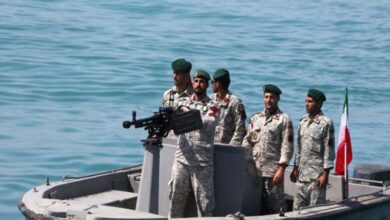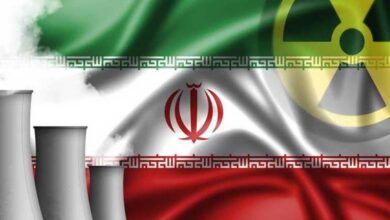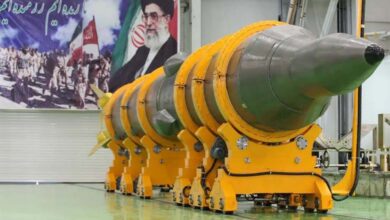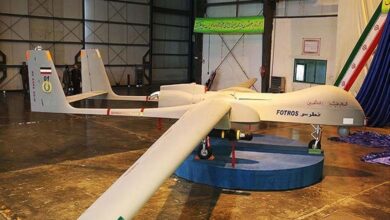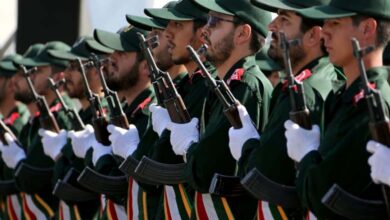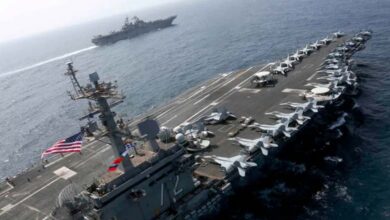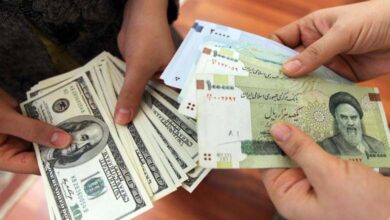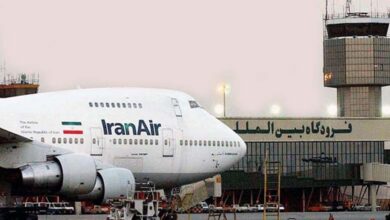Iran Faces the Battle Alone… Where Have Its Proxies Gone?
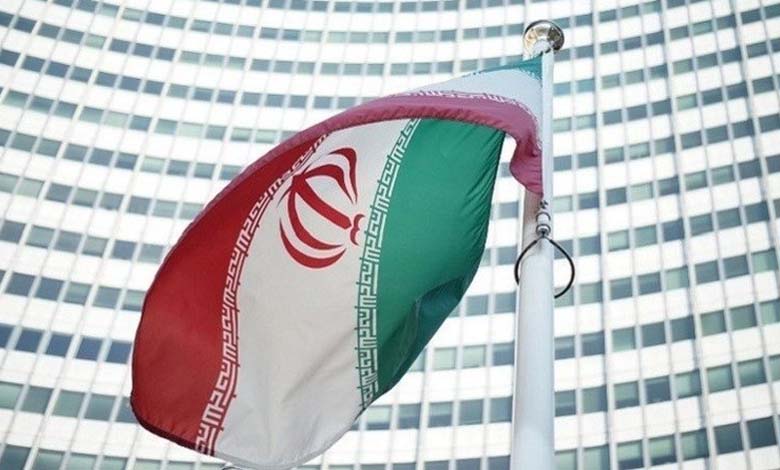
Although the drums of war sounded between Iran and Israel, the conflict ended without the involvement of Tehran’s proxy network. While the world expected Iran’s regional arms to mobilize—from Beirut to Baghdad and Sana’a—a deafening silence prevailed. No fronts were opened, no rockets were launched, and Iran’s allies remained in place, restrained by complex internal calculations and unable to wage a meaningful support war on its behalf.
-
Mutual escalation between Iran and Israel despite calls for de-escalation
-
Hypersonic Missiles and Strikes on Nuclear Facilities: Day Six Between Iran and Israel
This unprecedented withdrawal since Tehran adopted its “proxy war” strategy exposed the fragility of its regional tools and revealed the limitations of Iranian influence, largely confined to internal conflicts.
In Iraq, where Iran holds considerable sway, a dual dilemma emerges. The pro-Iranian militias are not short on weapons, but they have become entangled in economic interests tied closely to the state.
According to the MENA Observatory, Tehran views Baghdad as a crucial economic and security partner—too important to jeopardize.
-
Iran and Israel: Cross-Strikes… Is There Still a Window for Nuclear Negotiations?
-
Following Approval from Iran and Israel: Ceasefire Negotiations in Lebanon Enter Final Stages
Activating the militias could risk losing a fragile political front that Iran spent years building. As a result, Tehran’s influence in Iraq appears more constrained than ever.
In Lebanon, despite media hype, Hezbollah is experiencing one of its weakest organizational and military phases in decades.
Significant human losses, depletion of its missile arsenal, and waning public support have made the group more cautious in its military decisions.
-
No Ceasefire in Gaza until De-escalation between Iran and Israel
-
Troubles and Crises: International Economy Affected by Iran and Israel Events
Furthermore, the Lebanese government—under Western and Arab pressure—maintains a stance of neutrality, insisting that any decision of war must be taken within the framework of the state. This internal political constraint significantly narrows Hezbollah’s room for maneuver.
In Yemen, the Houthis remain the “delayed card” in Tehran’s calculations. Many analyses suggest the group holds a missile stockpile that could be deployed in a critical moment—especially if the conflict expands regionally or Israel is directly targeted.
-
Trump Announces Ceasefire Between Israel and Iran
-
One Week into War: Iran Expands Its Strikes on Israel with the Largest Rocket Barrage in 48 Hours
However, deploying this option comes with major risks: international pressure on the Houthis is increasing, and any miscalculated strike could provoke harsh international retaliation, weakening Tehran’s negotiating position.
In light of all this, Iran now appears boxed in by the limitations of its own fronts: economic calculations in Iraq, politically restrained militias in Lebanon, and a hesitant actor in Yemen. No tangible sign of proxy military support has materialized for Iran’s confrontation.


